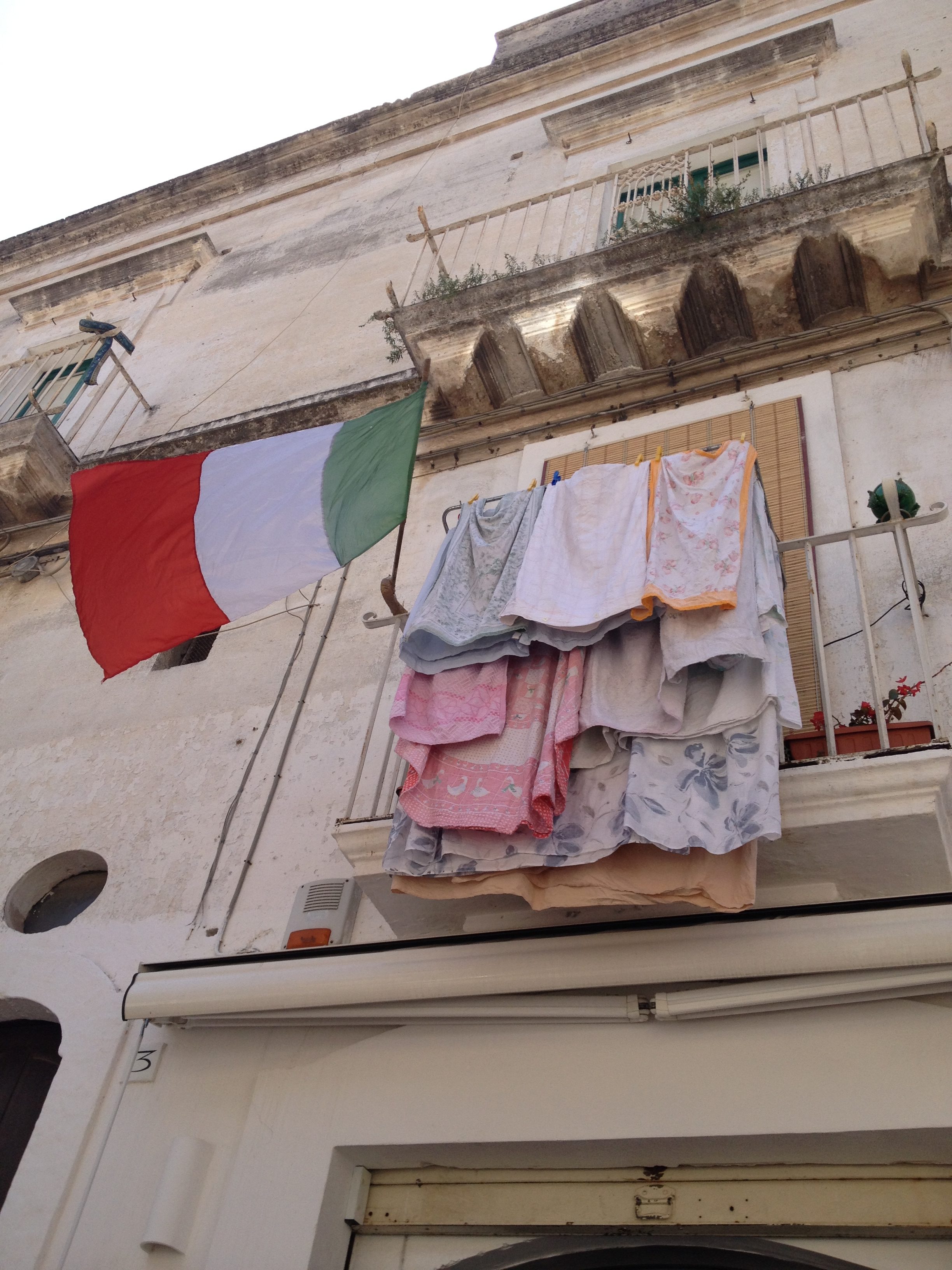Dieser Beitrag enthält Werbung – advertising.
no English version available!
“When did you start going out together again?” fourteen-year-old Ludovica asked with an angelic smile.
Sunday dinners were a ritual as delicious as it was delicate. While virtually no one has an unbiased interaction with their in-laws, especially if they come from a completely different class, things were particularly complicated for Franco. Because six weeks ago he had moved out so they could both think about their marriage. He didn’t need to think, he wanted to keep it going, but Isabella hadn’t come to any conclusion yet. For the time being, they kept up appearances, and on Sundays, after dessert, this marriage was still consummated. …
Both Isabella and Franco tried to restrain their daughter with threatening looks, but since Ludovica, in puberty, had discovered the intoxication of power and the desire for escalation. Since she didn’t give a damn about life itself, especially that of her parents, she was happy to put it on the line and watched with amusement how it all turned out. Mostly with a considerable bonus. For her. She threatened the apocalypse and the world paid not to perish.
from: Die Kraft des Bösen
(my own translation)
Il Commissario Looking for Love
Franco De Santis is a commissario in Naples. He is intelligent and has a storybook career ahead of him, which began when he married Isabella and her father paved the way for him. Franco doesn’t know about it, or at least doesn’t want to know; he trusts that he got his promotion through his conscientious work.
Isabella’s family is rich and the young couple, though not quite so young now, live in a large, luxurious flat in one of Naples’ posh districts. Franco enjoys this life and adores his wife and daughter. It does hit him that he has to move out and henceforth eke out an existence in a small attic – a temporary separation, he thinks. He is soon confronted with reality: his wife is divorcing him and has a new partner at her side who comes from the same wealthy class in Naples as her family.
For Franco, a world comes crashing down, especially as he also notices that his daughter is distancing herself from him more and more. He can’t obviously keep up when it comes to gifts …
It sounds like this is a tragic romance novel, but it is a crime series. Franco’s private fate forms the background for his professional life, in which he has to deal with murder cases and which runs like a thread through the novels.
Franco is a conscientious policeman who tries to solve all the cases that land on his desk with his small team. There are not exactly few of them – and mostly influential people and families are involved who are not necessarily interested in bringing light into the darkness. Pressure is exerted …
When talking about southern Italy (or Sicily), one immediately thinks of those special families who have unofficial control over certain areas or neighbourhoods to do their business. These influences also play a role – and Franco often has to make an effort not to lose his balance and not to let his real goal, the solving of a murder, go down the drain. After all, he has a very special connection to those honourable fellows, which he uses unofficially from time to time to get advice and information.
In his cases, Franco encounters machinations of the Catholic Church, or rather of a special incumbent who uses his power and connections to … He dives into teenage worlds and discovers deaths that were first swept under the table … And finally he gets to deal with the art world – on Capri, where else.
It always remains interesting and probably there will soon be new cases with new entanglements, intrigues, the eternal daily business with bribery, politics …
And privately?
Franco sees light on the horizon, because after a brief affair he seems to have met a woman who finds him very attractive. Here, too, new twists are to be expected …


